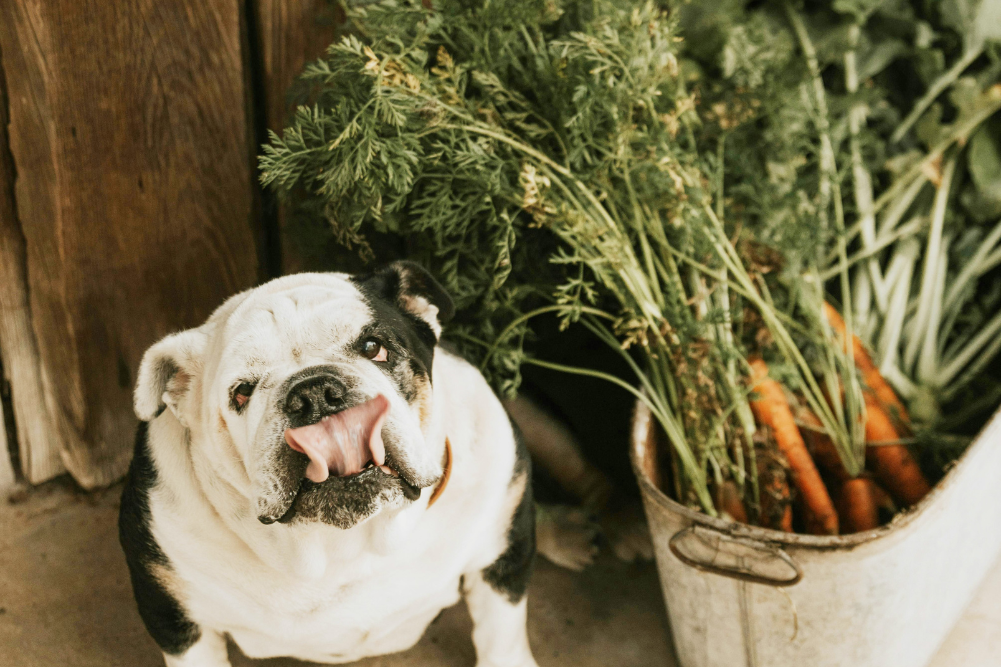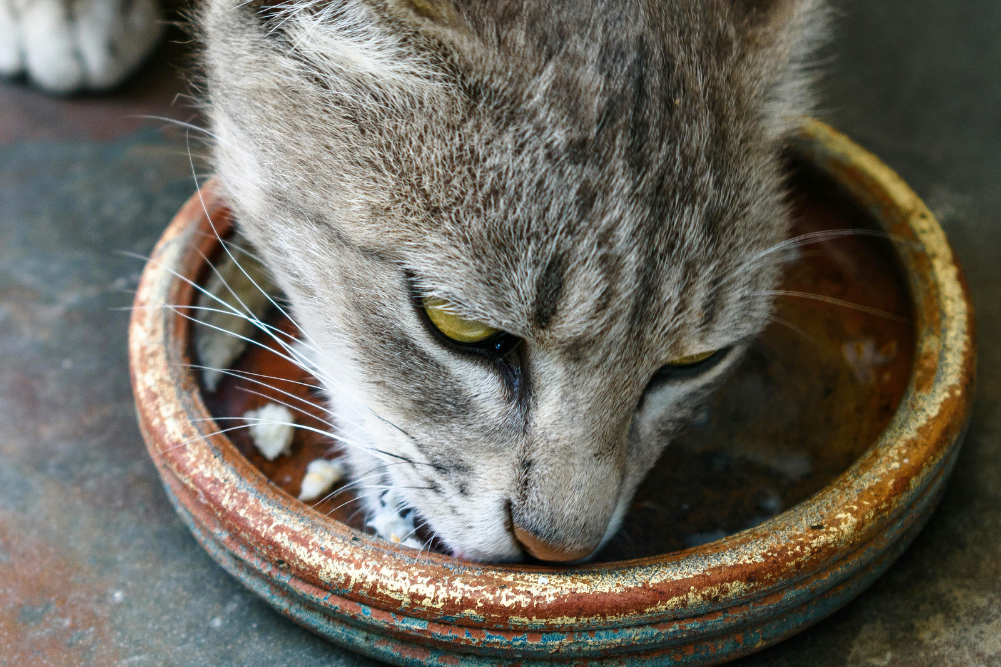How to treat skin allergies in dogs
Chronic skin allergies are challenging and frustrating for owners and vets alike. There is nothing more distressing than watching your canine companion constantly scratch, sometimes until they bleed. An integrative approach utilising diet, supplements, herbs and medications such as antihistamines, antibiotics and corticosteroids when appropriate usually results in a gradual resolution of signs.
But along the way improvements will plateau. This is where we need sit back and review the steps already taken.
Step 1: You have changed your dog’s diet and noticed an improvement. Your dog has more energy; their coat is shiny. So the diet is OK, right? Ask yourself these questions. How are my dog’s teeth? Ears? Bowel motions? Body weight? Energy levels? Skin? If any of these is not optimal, another diet update should be considered.
Perhaps you tried the prescription dry food for six weeks and it made no difference. But have you done a thorough food trial, using a simple protein, gluten-free carbohydrate- and vegetable-based diet, with no access to treats, gutter scraps or flavoured medications, for 12 weeks? If not, you have not carried out a thorough food trial to rule out food allergies.
Food trials are best carried out in cooler months when there are fewer seasonal allergens to confuse the result. Common food allergies in dogs are beef, dairy, wheat, egg, chicken, lamb, soy, pork, rabbit and fish.
If skin signs improve by the completion of the food trial, go back to the old diet. A return of itching or inflammation in two weeks is consistent with allergy. After this, your vet or a holistic vet can help you formulate a balanced diet with as much variety as possible. This diet may be homemade or a combination of homemade and good-quality dog food.
Step 2: The first step has taken four months and your dog is on the best diet you can manage but the itch is recurring. This is when it’s important to repeat or carry out skin tests to look for mites, bacteria and fungal infections. Blood tests rule out underlying hormonal imbalances such as hypothyroidism or Cushing’s disease.
Any of these may need to be treated before skin problems resolve. Herbs and supplements will help reduce side-effects from medications and improve immunity to help reduce further infection. Recheck after the treatment to see if the infection has resolved, and treat until they are gone.
Step 3: If itching is seasonal, thoroughly flea-comb pets and review flea-control protocols.
Step 4: Treat possible housedust or storage mites. Housedust mites are found in human beds, dog beds, sofas, soft toys and carpets. Allergies to dust mites are a frequent cause of itching in dogs. Check the garden for possible contact allergens, such a wandering jew, or moulds and damp areas. Recheck because these will grow back.
Step 5: Specific skin support. Supplement your dog’s diet with zinc, biotin, fish oil, flax oil and antioxidants such as vitamin A (from liver), vitamin E and vitamin C, to nourish the skin. (Check doses with your vet.) Herbs can be used as alternatives to medication to reduce itching and inflammation.
Step 6: Many allergic dogs improve with regular washing to remove potential irritants and allergens. Use gentle oatmeal-containing shampoos, patch-tested first on any sensitive dog. If you have used one type of shampoo for a long time, try another. Follow the shampoo with a conditioner to provide a barrier, eg conditioners containing cerasine.
Step 7: Carefully consider any exposure your pet has to chemicals, both internal and external. Avoid lanolin, disinfectants, petroleum-based products, some soaps and shampoos, plastic, rubber, detergent, chlorine in water, insecticides, soft furnishing around the home, carpet cleaners, fertilisers and cement.
Discuss rational use of flea and tick preventives, and heartworm prevention with your vet, so as not to overmedicate. In some areas, preventers can be reduced in cool months.
Step 8: Your dog’s inner health needs support if chronic skin disease is to improve. This may mean gut support for dysbiosis and leaky gut, liver cleansing or a detox. Your holistic vet can advise you on the best use of probiotics, prebiotics and liver-supporting herbs.
As part of wellness, emotional health needs to be tended to. Anxiety can perpetuate skin allergies. In some cases, chronic itching can become completely behavioural; for example, obsessive-compulsive foot chewing.
Ensure plenty of exercise and a stress-free environment, and consider using emotional remedies such as the Bach Flowers range. A consultation with an animal behaviourist or an animal communicator can facilitate anxiety reduction.
Step 9: Dogs with chronic skin allergies should not be vaccinated unless it’s required for protection from infectious disease. These days, the recommendation is to vaccinate against the core viruses: distemper, parvovirus and adenovirus type 2, no more than every three years. For allergic dogs I recommend a titre test first to check for protective antibodies before considering vaccination.
Step 10: This is to step back again and assess where you are and where you started. Try to be objective. Have things improved? Have they resolved? Is your dog’s quality of life as good as it could be? Step 10 is the fork in the road. At this stage the skin inflammation may have resolved to a level that can easily be lived with and managed with herbs, diet and topical treatments. The constant itching has stopped and the coat has mostly grown back, although it’s not as full as it was before it all started.
If you believe your dog’s quality of life is good, he or she has plenty of energy, a good diet and is comfortable and happy, then you have achieved your goal. If not … it’s back to step one.
Karen Goldrick is a holistic veterinarian at All Natural Vet Care, Russell Lea, Sydney, NSW, Australia. T: +61 2 9712 5844 W: naturalvet.com.au








